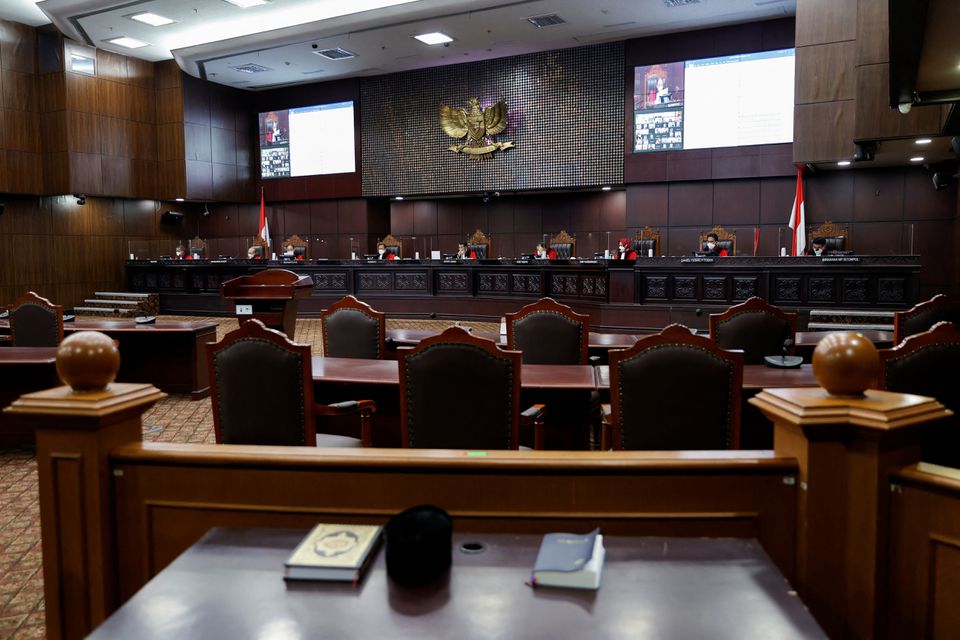Indonesia's Constitutional Court on Wednesday rejected a judicial review of the country's narcotics law that would have paved the way for legalising marijuana for medicinal use.
Three mothers of children with cerebral palsy backed by civil society organisations filed a judicial review of the country's strict narcotics law in 2020, arguing for the use of medicinal marijuana to treat symptoms.
The judges said there was insufficient research to justify a ruling in favour of the plaintiffs, but urged the government to "immediately" conduct research on the therapeutic usage of narcotics.
"The court needs to emphasise that the government [should] immediately follow up … The results of which can be used to determine policies, including in this case the possibility of changing the law," said judge Suhartoyo, who like many Indonesians uses one name only.
Decriminalisation of cannabis would be a dramatic shift for the Southeast Asian nation, which has one of the world's strictest anti-drug laws with penalties for possession or trafficking of large quantities of narcotics including life imprisonment and death.
The plaintiffs had argued that not being allowed to use narcotics for medical reasons was a constitutional violation of citizens' rights to obtain health services and benefit from the development of science and technology.
"The Constitutional Court has only shifted the responsibility to the government by asking the government to immediately conduct research," said Yosua Octavian, from the Legal Aid Institute, a civil society group involved in the case.
"The point has been rejected … So people who use marijuana for health reasons in Indonesia will continue to be punished."
The issue gained traction after a video of a campaigner went viral after being posted on social media.
Standing in downtown Jakarta, Santi Warastuti, one of the plaintiffs whose 13-year-old daughter has cerebral palsy, held a placard that read: "Help, my child needs medical marijuana."
In a briefing after the ruling, the 43-year-old mother urged the government to provide other solutions.
"Research to turn [medical marijuana] into therapeutics will take a while, whereas we as parents of children with special needs are racing against time," she said.
She told Reuters last week that her daughter, who first exhibited seizures when she was four years old, was a teenager with a "big heart" who had once been an active child but now struggles with frequent seizures.
Indonesia's parliament has said it would undertake a comprehensive study on the benefits of medical marijuana.
Any moves to legalise would follow Thailand, which became the first country in the region to green-light medical marijuana in 2018, and cannabis cultivation and consumption this year.




















































